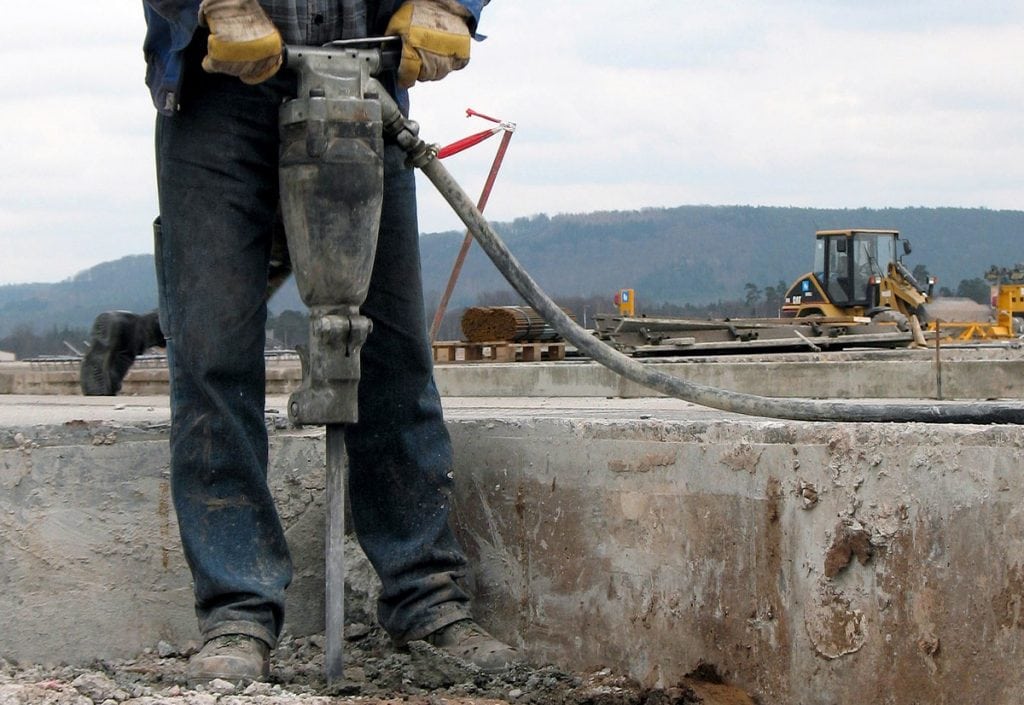Noise is bad for you with studies linking excessive noise pollution to instances of hearing impairment, sleep disturbance and anxiety. But new research has suggested it can also make you infertile.
Construction workers beware! Lengthy exposure to noise can cause male fertility problems.
This is according to a brand new study in the International Journal Environmental Pollution which monitored 206,492 men in South Korea and found that being exposed to noise levels of more than 55 decibels for four years was associated with an increase in fertility problems.
When the authors of the study compared postcodes and the noise associated with them to fertility (as measured by the quality of semen samples) they found an increase in infertility for each 10 decibels of noise above 55 decibels.
Noise nuisance
Many people deal with loud or constant noise on a daily basis.
However, what may seem like a simple annoyance in your everyday life may actually have serious effects on your health in both the long and short-term.
The most common health effects associated with noise pollution include:
- Headaches and migraines
- Stress
- Hearing loss
- Loss of sleep which can lead to a wide range of health conditions, including exhaustion, irritability, loss of focus or even a weakened immune system
- Hypertension
- Stroke
The workplace
There will always be a certain level of noise in the workplace, but for certain industries, excessive noise levels can prove more of a problem.
For workers and employees on construction sites or factories, who operate heavy machinery or power tools, the possibility of being exposed to excessive and uncomfortable levels of noise is much more likely.
The Regulations require employers to consider a number of things, including taking action to reduce noise exposure wherever possible.
Moving forward
The World Health Organisation has warned that noise pollution is a growing problem so steps should be taken to limit your exposure to noise pollution.
If you work in construction, this will include wearing hearing protection such as earmuffs, earplugs or semi-inserts and canal caps.
Your employer should be looking at:
- using quieter equipment or a different, quieter process;
- engineering/technical changes to reduce the noise at source;
- using screens, acoustic barriers, enclosures or absorbent materials;
- laying out of the workplace to create quiet workstations;
- improved ways of working to reduce noise levels;
- limiting the time you spend in noisy areas.

